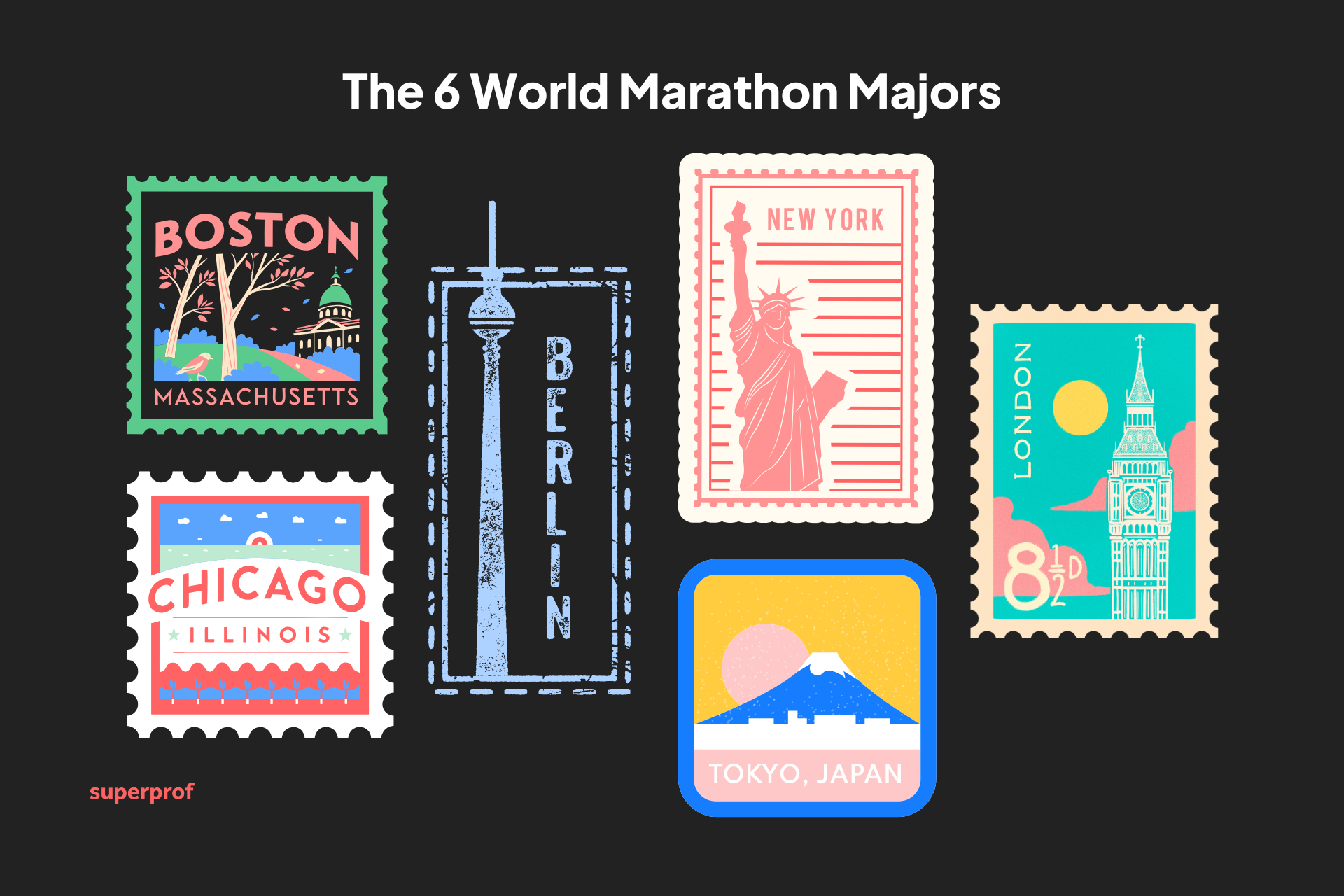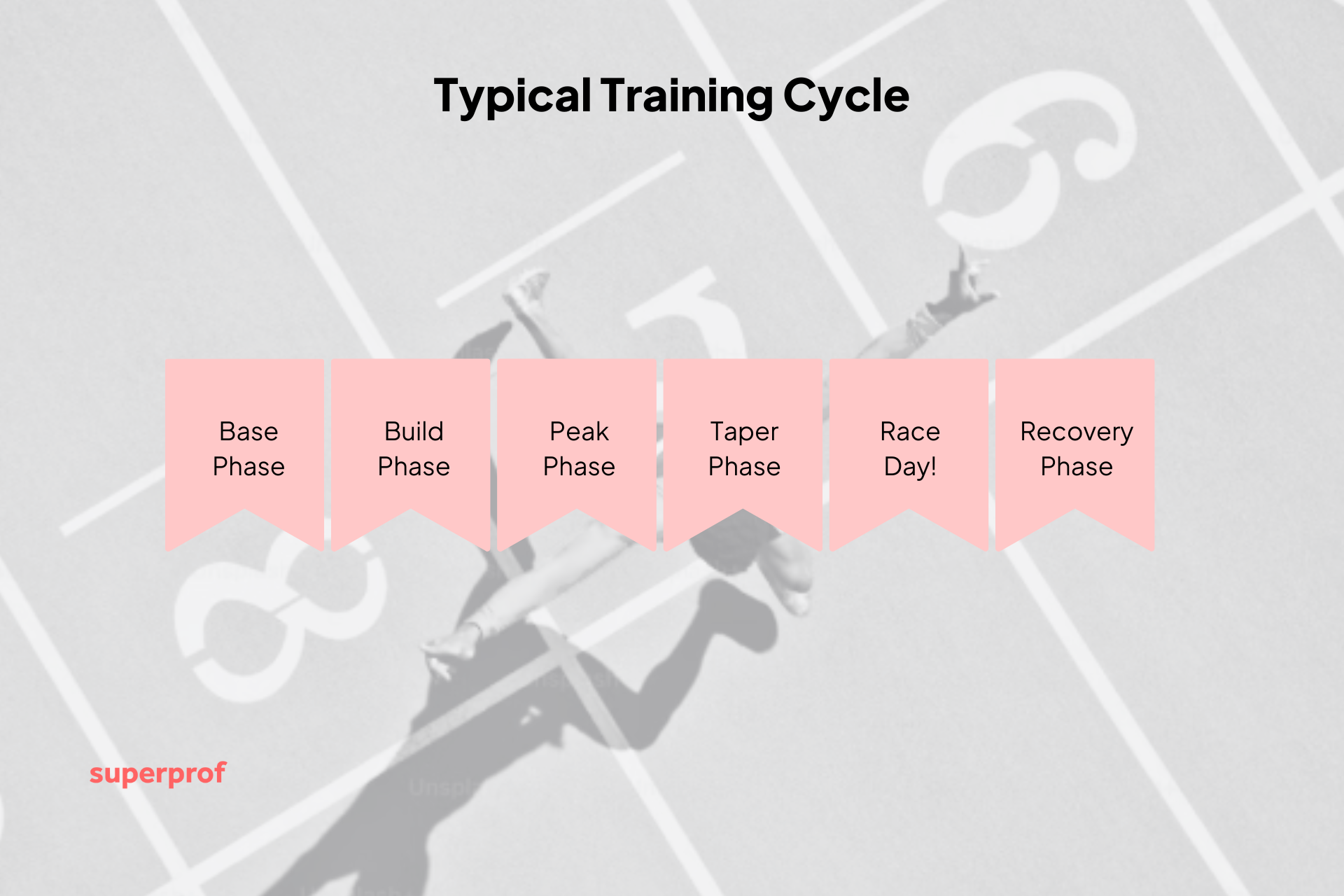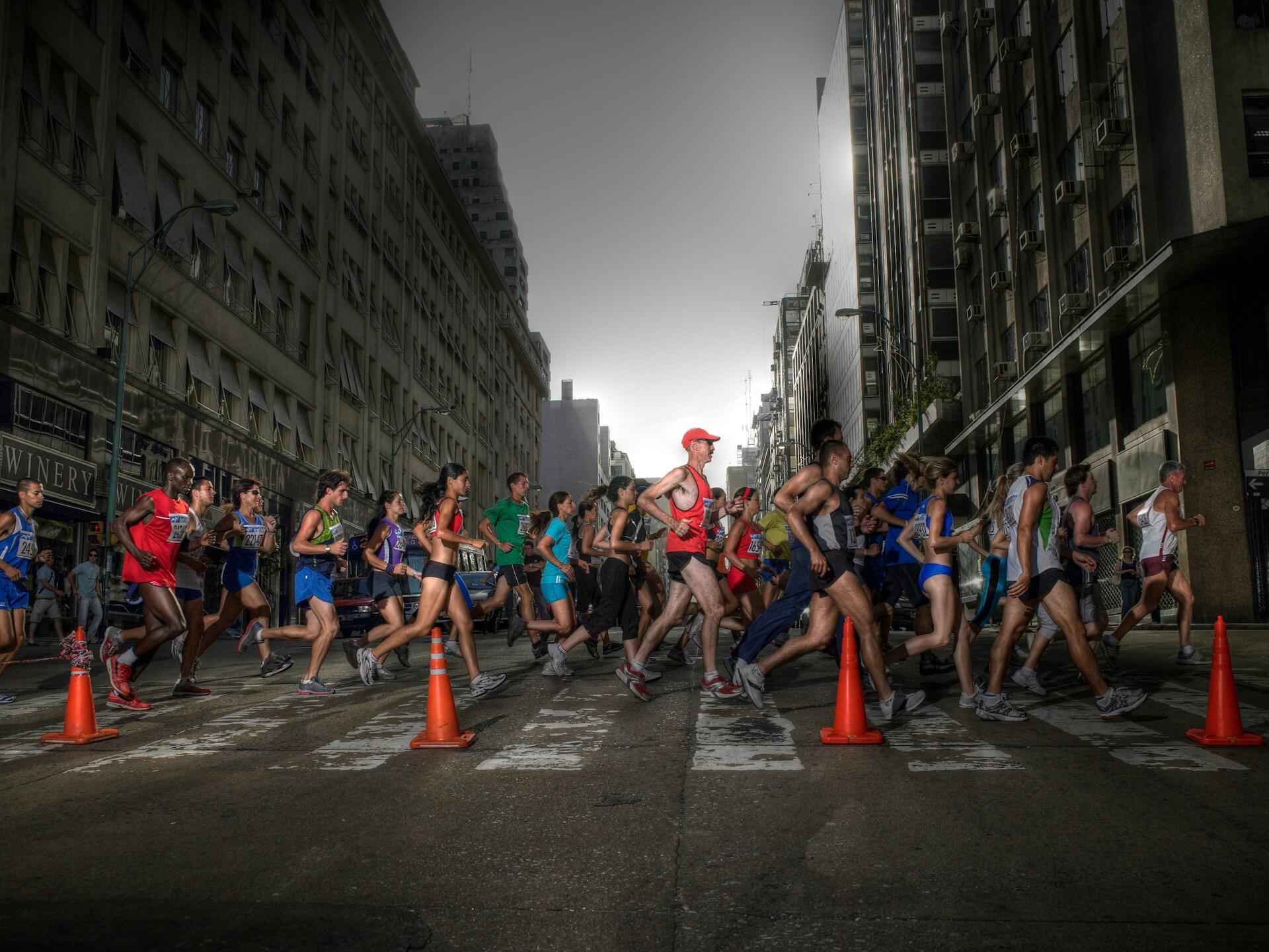It is difficult to train for a marathon, but it is even more difficult to not be able to train for a marathon.
Aaron Douglas Trimble
Making the jump from casual runner to preparing for your first race is an exciting step, but not to be taken too lightly, of course there are those who sign up on a whim and indeed do well, but we want you to actually enjoy the experience! Whether you're aiming for a 5K, 10K, half marathon or the big one - prepping for race day takes a little more than just logging those weekly miles.
The 5k is the world's most popular race, with the half marathon coming in second. Most runners are happy to stick to a 5km course. However, despite being less common, full marathons still drew 1.1 million participants in 2020.
It’s all about fine-tuning, fine tuning your training plan, locking in on your nutrition, and ultimately building the confidence to cross the finish line in tip top shape. In this section, we’ll talk you through what we consider the key considerations to make sure you’re ready to make your first race an unforgettable experience for the right reasons! 🏁

Running Your First Marathon
Picking the correct race distance and of course location, is super important. Here are some considerations to be had prior to signing on the dotted line!
- Assess your fitness level: If you’re a running newbie, it's only been a short while, then a 5K is the obvious choice to get you used to that race environment. If you’ve been running for a bit of time now and are feeling sure of yourself, a 10K or half marathon could surely be a good challenge for you. For experienced runners, with a mock race under their belt, a full marathon should be next on your list! We've made it easy for you, take our quiz!
- Think about your personal goals: Are you running just for fun, to be fitter, or to really push your limits and achieve something bigger? For a more chill experience, pick a local race, or something organized by a charity your familiar with. If you prefer to push yourself out of your comfort zone, choose a distance that feels more challenging.
- Location, location, location: Local races are obviously simpler to plan for, but the destinations can really make or break the experience. But, be sure to consider the terrain and the potential weather conditions.
- Keep the race in mind while training: If you're planing on running a road race in a cold climate - match your training to these conditions.
- Double check the details: Make sure the race fits your lifestyle and general schedule, has enough support stations for your experience level, and of course allows enough time for you to complete the race within your capabilities.
Choosing a race and city that suits you and your capabilities and goals, can only set you up for a better race-day experience!

Marathon Training: What Does It Look Like?
Training for a marathon is for sure a rewarding journey, but it comes with a fair amount of dedication, and above all, intellectual consideration. Whether you’re a first-timer or an experienced runner looking to set a new PB, marathon-specific training caters to preparing both your body and mentality for the toll of running 26.2 miles.
We will link a few marathon specific training plans in the coming sections, but here is a rundown of what to expect from marathon training, along with a visual representation of a typical training cycle:
- Build a Strong Base: Adjust your training plan to the bigger distances, strengthen the right muscles, familiarise yourself with the hard parts of what you'll soon experience.
- Gradual Progression: Increasing your mileage slowly, week by week, with intensity but ensuring injury doesn't occur. You can track this better using a running app!
- Give Yourself Time to Prepare: Don’t Rush It!
Here is what a 'typical' training cycle looks like:

Base
Focus on building, brick by brick, a solid foundation of regularity in increasing your mileage week by week, but nothing crazy. At this stage, consistency is your priority. Avoid overloading your body with too much, too soon, it’s about laying a stable groundwork to prevent injury. Keep your runs at an easy, conversational pace, and prioritise proper recovery. The goal is to build endurance gradually and allow your body to adapt to the routine of running regularly.
Build
Begin to increase the intensity. Depending on the mileage of your race, you don't want to go in blind! Introduce structured runs that mimic the demands of your upcoming race, such as tempo runs or intervals. These sessions should progressively prepare you for race day while continuing to increase your weekly mileage at a sustainable rate. Pay attention to what your body is telling you, aches and pains are a signal to scale back. This phase is all about sharpening your physical and mental readiness without overexerting.
Peak
As you can imagine, this is where the mileage peaks. You want to be comfortably completing runs that are at least 80% of your race distance. During this stage, focus on race-specific pace work, such as long runs that include sections at your goal race pace. It's also a time to practice race-day nutrition and hydration strategies to ensure they work well for you. This phase pushes your body close to its limits but should still allow for adequate recovery between harder efforts.
Taper
At this point, you're feeling confident in your abilities, so begin to reduce the mileage and intensity to allow your body to recover 100% and store energy for the big day. Use this time to reflect on your training, visualize your race strategy, and focus on mental preparation. Sleep, nutrition, and stress management are especially crucial now. Trust in the work you’ve put in - tapering is about quality, not quantity, as your body gathers strength for the final challenge.
Race
The time has come, the big day! All the pieces are in place, prep your gear the night before, execute that race day plan and profit from your hard work! Stick to your pacing strategy, trust in your training, and remember to stay flexible in case of unexpected changes (like weather or course adjustments). Focus on staying positive, and enjoy the experience, you’ve earned it! Every step brings you closer to the finish line and the reward of crossing it.
Recovery
You got it done, congratulations! 🎉 Now, it’s time to let your body rest and recuperate. Recovery doesn’t mean stopping completely but engaging in light activities like walking, yoga, or gentle stretching to promote circulation and prevent cramps and stiffness. Prioritise proper hydration, balanced nutrition, and plenty of sleep to repair muscles and replenish energy stores - give your body what it needs to re-adjust and feel normal again.

First Time Marathon Training Plans
Choosing the right marathon training plan for you and your needs is essential to set yourself up for success. Below, you’ll find a couple of marathon training plans - along with one for if you're taking on your first half marathon - designed to prep you one step at a time, stage by stage, from building a strong foundation to tapering effectively as race day approaches. Take a look and find the plan that fits your needs! First time marathon plan, adjustable marathon training plan for runners of all levels.
The average completion time for first time marathon runners varies:
For men the average time is 4 hours, 21 minutes and 3 seconds.
For woman the average time is 4 hours, 48 minutes and 45 seconds.
The overall average is 4 hours, 34 minutes and 54 seconds.
Half Marathon
Not quite ready for the full thing but you want to feel the marathon day energy? Not to worry, it's important not to bite of more than you can chew! Training for a half marathon doesn't differ enormously to training for a full marathon, look at it this way:
Half marathon training plans typically work up to about 20 to 30 miles per week (sometimes up to 45), peaking with a 10- to 16-mile long run. But for marathon training, you will work up to 35 to 40 miles a week (sometimes up to 55 or more), and peak with a long run between 18 and 22 miles.
Kristine Kearns, Health and Fitness Editor, Runnersworld
Here's a half marathon training plan that might steer you in the right direction.
Running a marathon is a bold and rewarding challenge, and with the right mindset, dedicated training plan, and keen preparation, it’s totally within your reach, we're all capable of such feats if it's what we are willing to commit ourselves! Remember, every marathoner starts with a single step - day 1 might not be so fun, but eventually, with the help of our guide, you'll feel that runners high! Lace up, start your journey, and see just how far you can go!
Your Personal training tutor is waiting for you on Superprof!
Want to give it a try?
Let our experts impress you!
Summarise with AI:

















